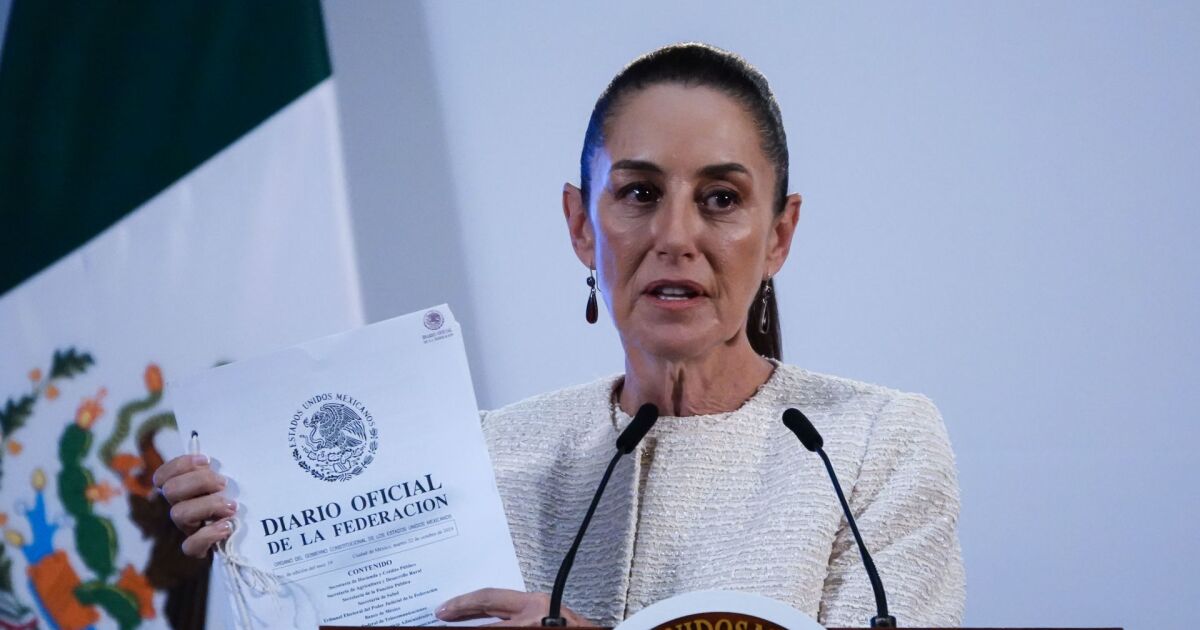According to civil law, kinship by consanguinity consists of the blood bond that exists between people who share the same father or mother, while civil kinship is acquired by adoption.
That means that to be candidates for a position, aspiring people should not be blood or adoption brothers, of the person who is acting.
To be postulated at a position, there must also be kinship “in a straight line without grade limitation.” And there are four degrees so everyone would be included in the prohibitions. These are:
• First grade: parents and children
• Second grade: grandparents, grandchildren and brothers
• Third grade: uncles, nephews, great -grandparents and great -grandchildren
• Fourth grade: cousins, grandchildren and uncles grandparents
Nor should there be any type of kinship “on a collateral line to the fourth grade” that is, those who have a common ascendant (grandparents, parents) but do not descend from each other.
That kinship includes the brothers media; Children of the media brothers or the cousins, nephews grandchildren and grandparents.
Another category in which they should not have kinship is in “affinity until the second grade.”
The degrees of kinship by affinity are, in the first degree: spouse, in -laws, sons -in -law and daughters. Secondly: brothers -in -law, spouse’s grandparents, spouse grandchildren, spouse brothers, and all those links should not exist between those who occupy the position and who wants to happen.
What relatives can reach the position for choice?
It would only be allowed that the candidates for a position have a kinship for affinity with whom it occupies it, if it is the third degree, since the people candidates for federal or local positions are proposed that they are not prevented from having that type of link.
That bond will be with nephews or spouse’s uncles. In that same category there were those who occupy the position or look for it and be great -grandparents and great -grandchildren, which may be valid.
Reform against re -election
The presidential initiative that was received by the Senate on February 5 included the issue of consecutive re -election, since it is also proposed to avoid it by putting locks on eligibility requirements at a position.
In the case of consecutive re -election, its total prohibition is sought for federal senators and deputies as well as for governors.
However, articles 115 and 116 indicate that local congresses must reform their local laws to prohibit that consecutive re -election of their deputies, mayors, trustees and councilors.
In what cases will reelection be allowed?
For federal and senators, it is established that they cannot be reelected for the immediate period after the exercise of their mandate.
In this case, if forecasts were taken to avoid that by being postulated as substitutes they can return to the position they held as proprietary legislators, which would be a kind of re -election.
“Senators and alternate deputies may be elected for the immediate period with the character of owners, provided they had not been in exercise; But senators and proprietary deputies may not be selected for the immediate period with the character of substitutes, ”it is proposed to include in the constitutional article 59.















